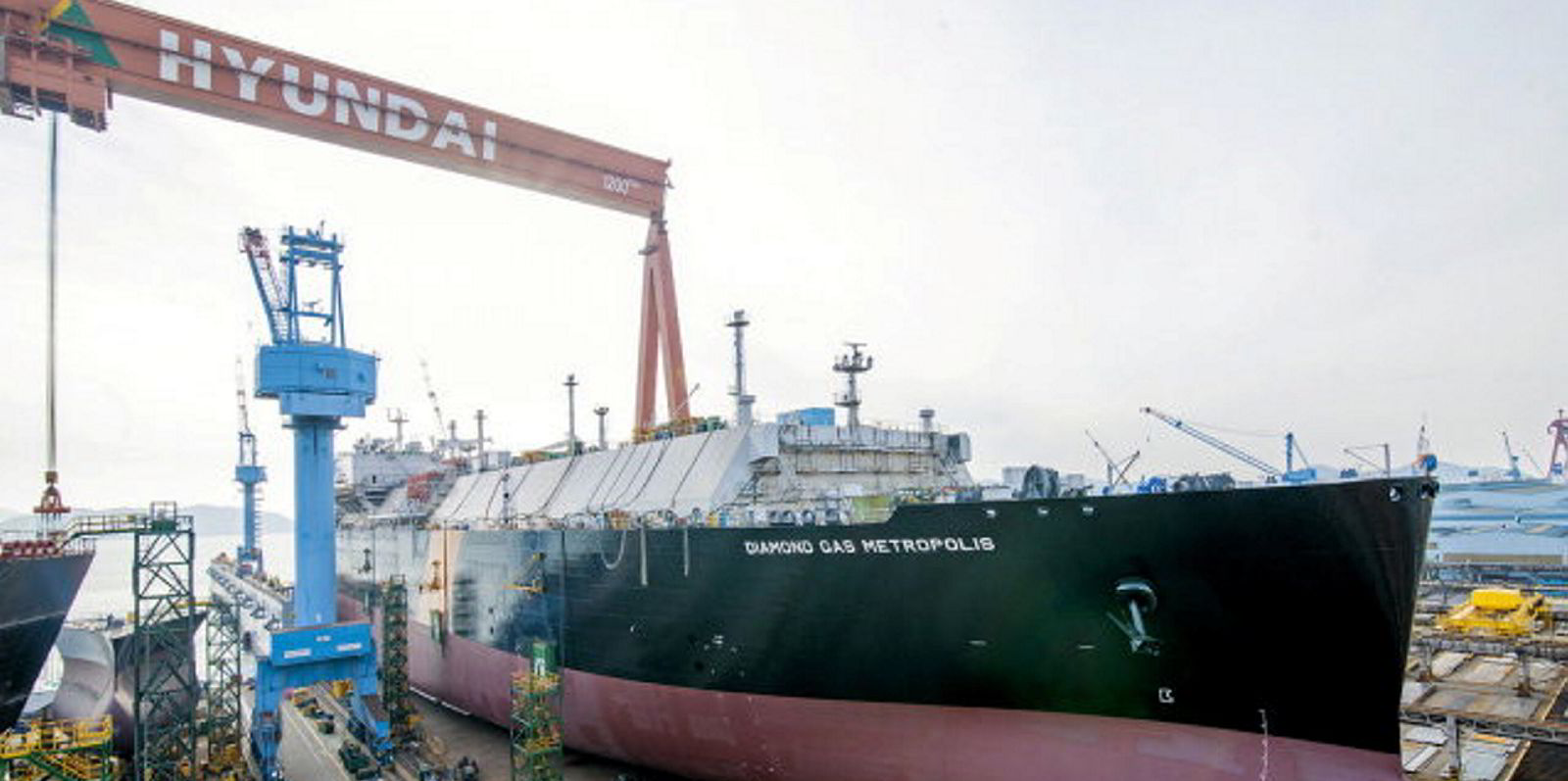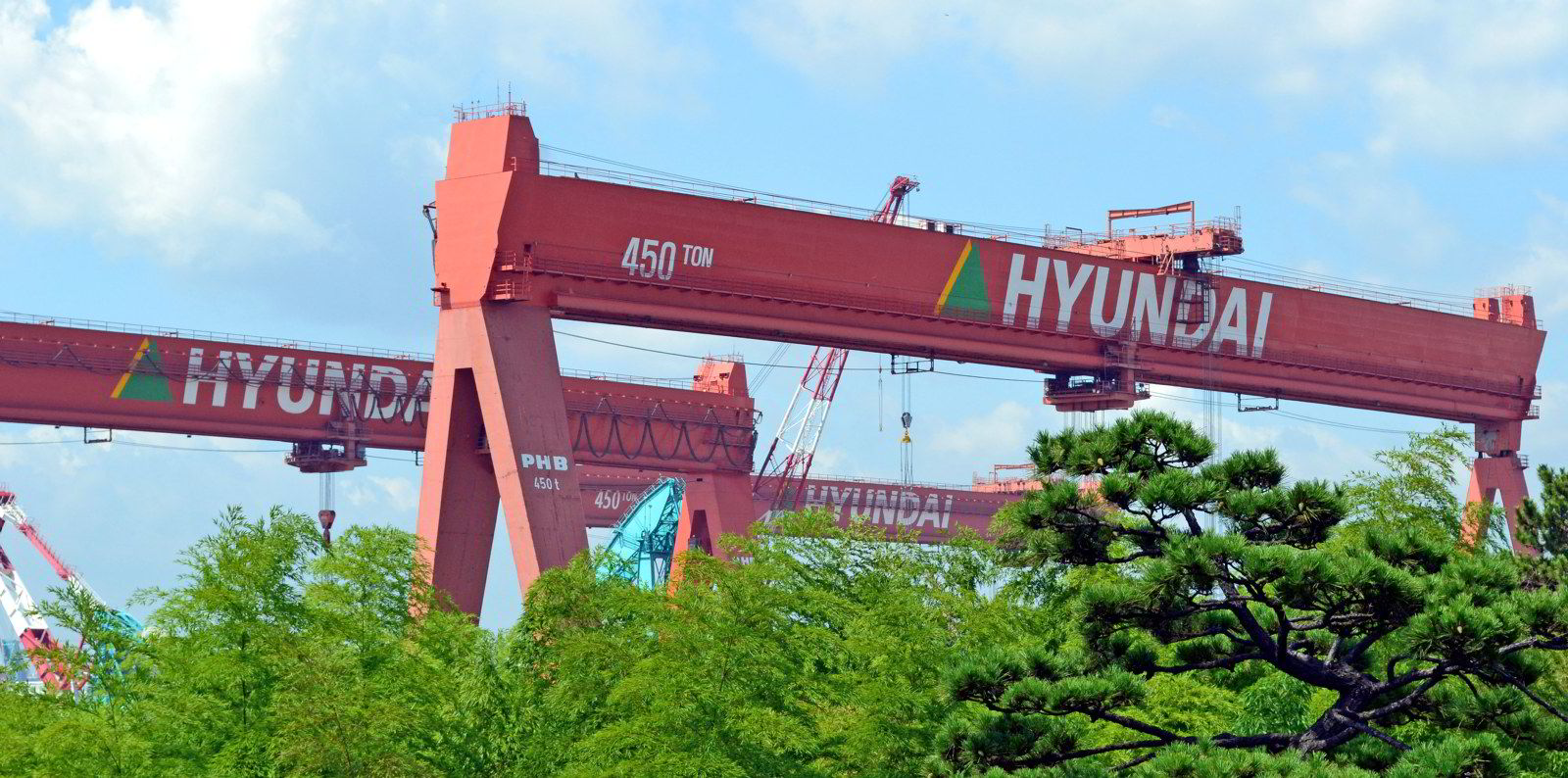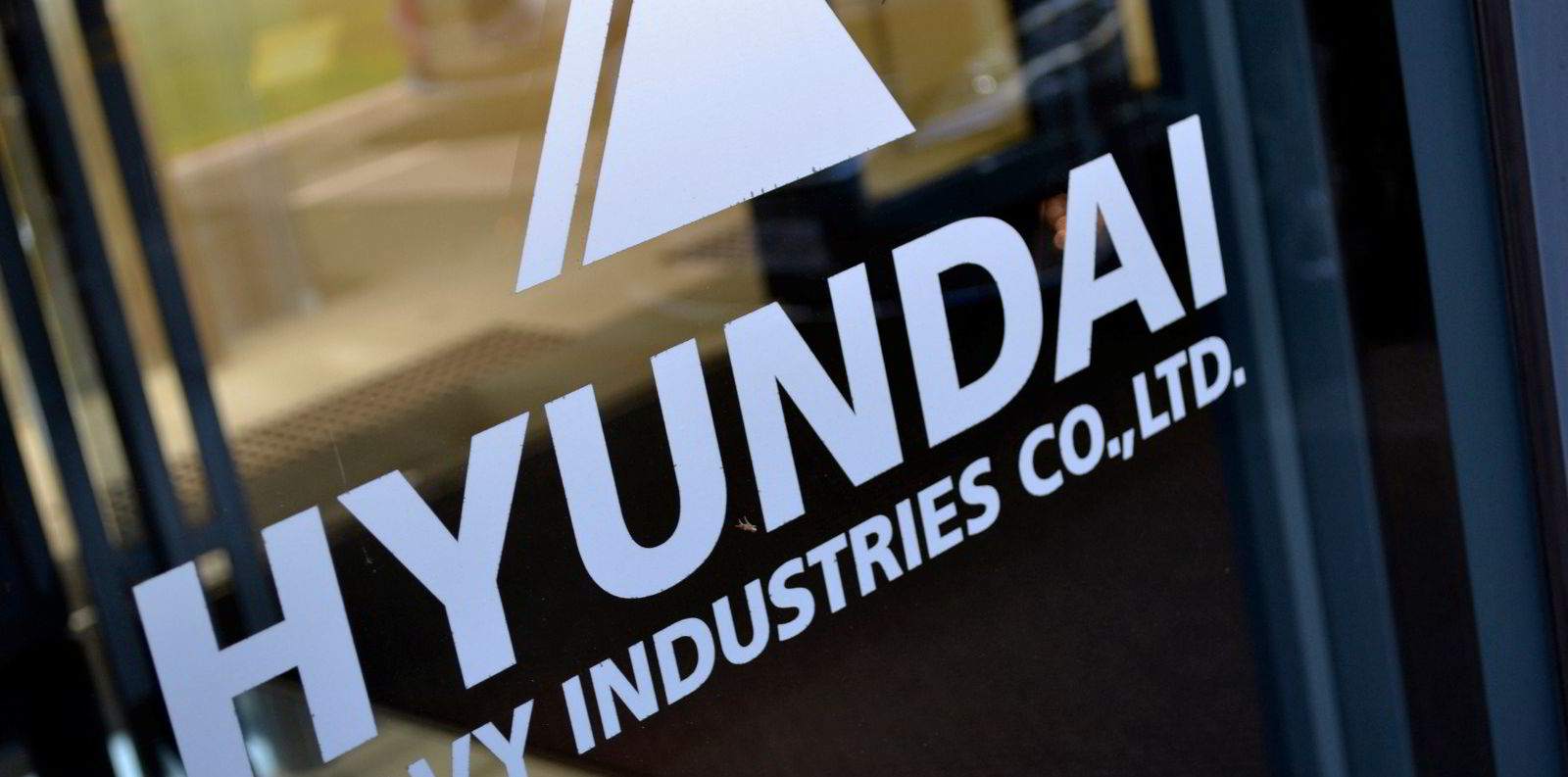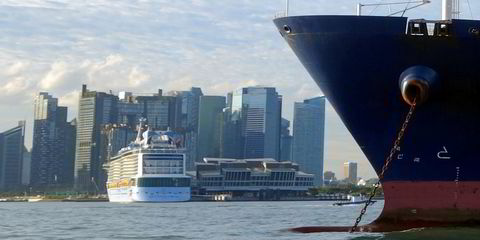Korea Shipbuilding & Offshore Engineering (KSOE) has until late 2024 to complete the IPO of Hyundai Samho Heavy Industries or it faces having to refund a major stakeholder.
The world’s largest shipbuilding group controls a stake of just over 80% in the shipbuilder.
Private equity firm IMM Private Equity invested KRW 400bn ($300m) for a 15.15% stake in Hyundai Samho in 2017. However, KRW 140bn was later repaid in the form of KSOE shares.
As part of the deal, KSOE agreed to take Hyundai Samho public via an IPO before September 2024, according to analysts at investment bank Nomura.
“If KSOE fails to make the IPO … KSOE will have to repay the KRW 260bn of IMM Private Equity’s investment with interest,” said Nomura analyst Eon Hwang.
“KSOE did not specify the period, but we think it is likely to go for listing eligibility review in 2023 to list [Hyundai Samho] before September 2024.”
Private equity funds are pools of capital to be invested in companies that represent an opportunity for a high rate of return.
They come with a fixed investment horizon, typically ranging from four to seven years, at which point the private equity firm hopes to profitably exit the investment.
KSOE was founded in 2019 as a holding company split from Hyundai Heavy Industries to try to acquire Daewoo Shipbuilding & Marine Engineering.
Currently, KSOE’s main subsidiaries are HHI, Hyundai Mipo Dockyard (HMD) and Hyundai Samho.
Hyundai Samho is the last shipyard under the control of KSOE to go public, following the listing of HMD in 1983 and HHI in 2021.
IMM Private Equity, which was established in 2006, says it has $6.7bn worth of assets under management with 21 portfolio companies.
Although it has traditionally invested in sectors such as consumer and industrial goods, as well as healthcare, it does have an investment in Hyundai LNG Shipping.
Hwang also expects KSOE’s new orders next year to decline by 26% to $21bn, with the shipbuilding division’s new orders falling nearly 34% to $16bn.
“We estimate the shipbuilding division’s new orders to decrease, owing to LNG vessel capacity constraints and a decline in containership freight rates,” he said.
“We believe the rebound in new offshore orders will not be adequate to offset the decrease in new orders of the shipbuilding division.”
Hwang said there is potential for further downside risk as additional interest rate rises could burden shipowners’ financials and hinder new orders.






